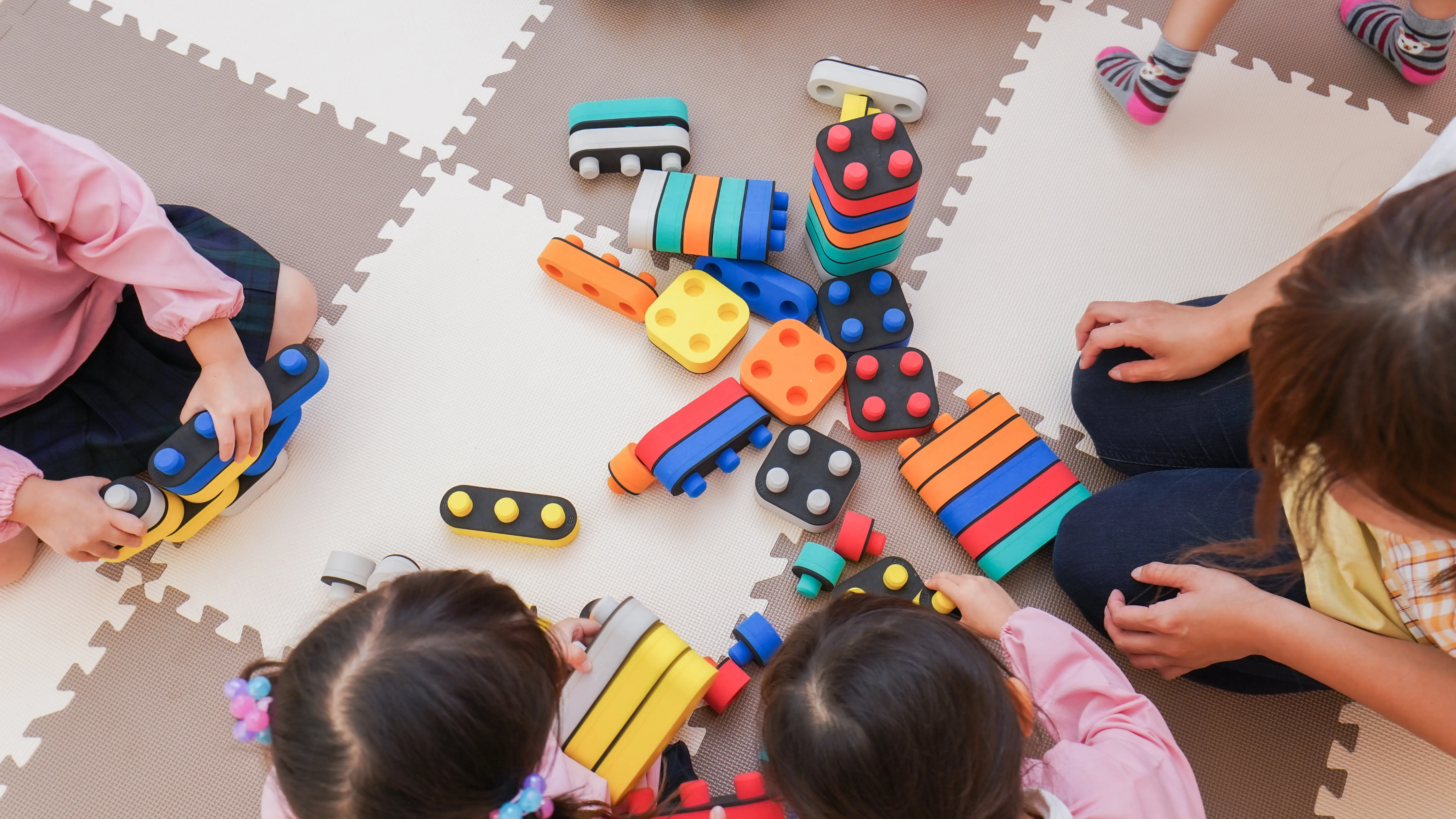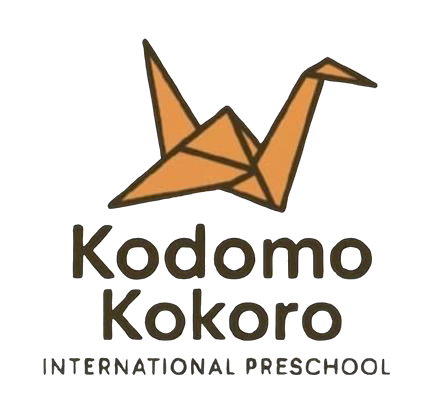
Curriculum
Home
/
Curriculum
Dear Families,
Welcome to Kodomo Kokoro, where we believe in the quiet magic of early childhood—where every small moment is a big step in learning, and every child is met with care, curiosity, and deep respect. Our approach combines the calm structure of Montessori with the nurturing environment inspired by Japanese values of harmony, mindfulness, and simplicity. We offer a space where your child can explore freely, form meaningful relationships, and build a foundation of lifelong learning. We are honored to be part of your child’s journey and look forward to growing together.
With warmth, The Kodomo Kokoro Team
Curriculum Snapshot
(Montessori-Based, Ages 2 – 6)
Practical Life Skills
Pouring, spooning, folding, buttoning, sweeping Building focus, independence, coordination, and responsibility
Sensorial Development
Montessori materials that isolate and refine the senses Activities using texture, size, color, sound, shape
Language & Literacy
Phonics through sandpaper letters and movable alphabets Storytelling, picture books, vocabulary games
Mathematics
Hands-on number rods, beads, and counters Learning quantity, sequence, and early operations through play
Culture & Nature
Nature walks, plant care, and outdoor exploration Music, dance, art, and celebrations from Indian and global cultures
Creative Expression
Open-ended art, clay work, drawing, music, and movement Focus on the process, not the product
Daily Rhythm
Calm and consistent routine with free work periods, group time, and outdoor play Emphasis on flow rather than pressure
Emotional & Social Growth
Grace and courtesy lessons (greetings, waiting turns, offering help) Peace corner for calming down and self-regulation
Frequently Asked Questions
What age groups does Kodomo Kokoro serve?
Kodomo Kokoro serves children aged 2 to 6 years old, providing a nurturing environment for early childhood development.
How is the curriculum structured at Kodomo Kokoro?
Our curriculum is structured around Montessori and Waldorf principles, focusing on holistic development through purposeful play and mindful routines.
What are practical life skills in preschool?
Practical life skills include activities like pouring, folding, and buttoning, which help children build coordination and independence.
What types of activities are included in sensoric development?
Sensoric development activities involve using Montessori tools to refine a child's awareness through touch, sight, and sound.
How do you assess children's progress?
We assess children's progress through observation-based tracking without competition, providing regular updates to parents.
What is the importance of emotional and social growth?
Emotional and social growth is essential for developing empathy, cooperation, and conflict resolution skills among children.
Are parents involved in the learning process?
Yes, we encourage regular communication between parents and teachers, involving families in workshops and community events.
What is daily rhythm at Kodomo Kokoro?
Daily rhythm consists of structured yet flexible schedules, including work periods, group time, and outdoor play for balanced learning.
How does Kodomo Kokoro incorporate cultural sensitivity?
Kodomo Kokoro incorporates cultural sensitivity by adapting Japanese values of harmony and respect to the Indian context in our curriculum.
What makes Kodomo Kokoro unique compared to other preschools?
Kodomo Kokoro uniquely blends Montessori, Waldorf, and Japanese philosophies, focusing on nurturing the whole child in a heart-centered community.
Get Started Today
Fill out the form to learn more about our programs and see how we can nurture your child.
